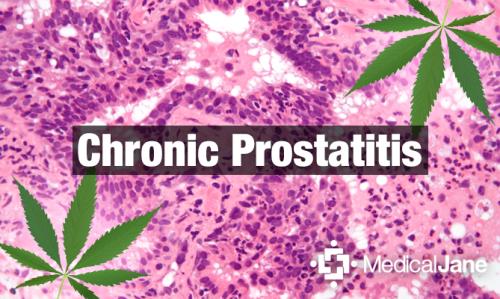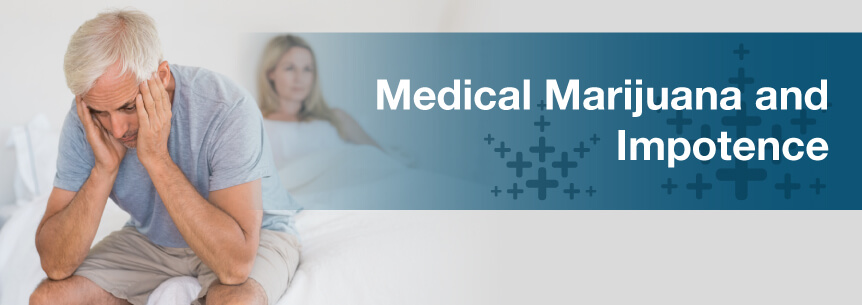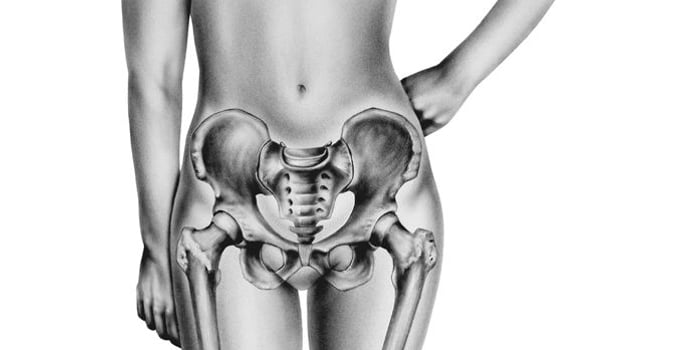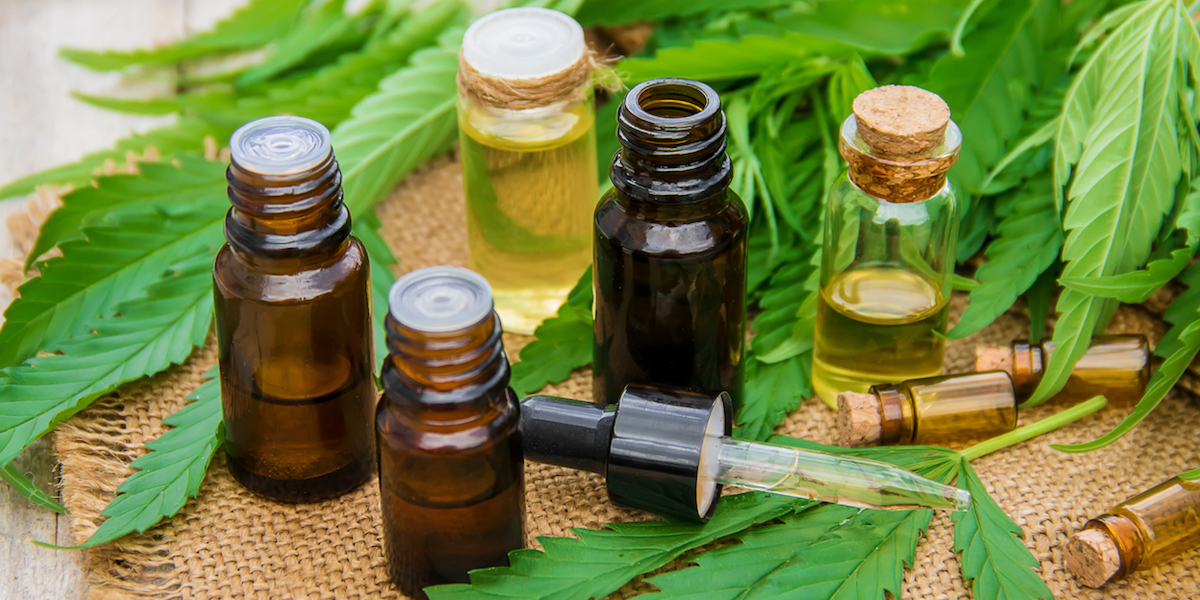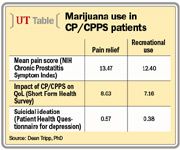However because this group of muscles is voluntarily controlled to some extent biofeedback training is somewhat successful in retraining the muscles to function normally and improving the ability to have a bowel movement.
Marijuana pelvic floor dysfunction.
Interstitial cystitis ic is not listed continued.
It s non addictive powerful and all natural stuff.
The conversation around pelvic floor dysfunction has predominantly centered around having a weak pelvic floor the most common symptoms people present with being urinary or stool incontinence or.
Pelvic floor dysfunction refers to a wide range of issues that occur when muscles of the pelvic floor are weak tight or there is an impairment of the muscle nerves or joints.
Types of topicals include lotions balms or oils that absorb directly into the skin.
Marijuana as medicine is now legal in 16 states and the district of columbia.
The pelvic floor supports the rectum bladder and urethra.
Tissues surrounding the pelvic organs may have increased or decreased sensitivity and function resulting in pelvic pain.
That means the pelvic floor muscles are too tight.
Marijuana while helpful for the anxiety and stress that come with the condition actually seems to tighten my pelvic floor up more and increases my symptoms specifically the urgency and frequency a few other people in forums have reported similar experiences.
Pelvic floor dysfunction is the inability to control the muscles of your pelvic floor.
If you don t want to smoke vape or eat edibles topical cannabis cream can be a great alternative for relieving your pelvic pain.
Topical cannabis creams are always an option.
Your pelvic floor is the group of muscles and ligaments in your pelvic region the pelvic floor acts like a.
Even though there have been strides made in the laws regarding medicinal marijuana cannabis use there needs to be a continued push to research the effects of this substance on more specific pain diagnoses in order to have evidence based studies to back up these claims to further improve how we treat complex pain conditions including chronic pelvic pain.
Initial treatments include biofeedback pelvic floor physical therapy and medications.
Patients in these locations need to be certified to use it based on a doctor s recommendation and a qualifying condition.

